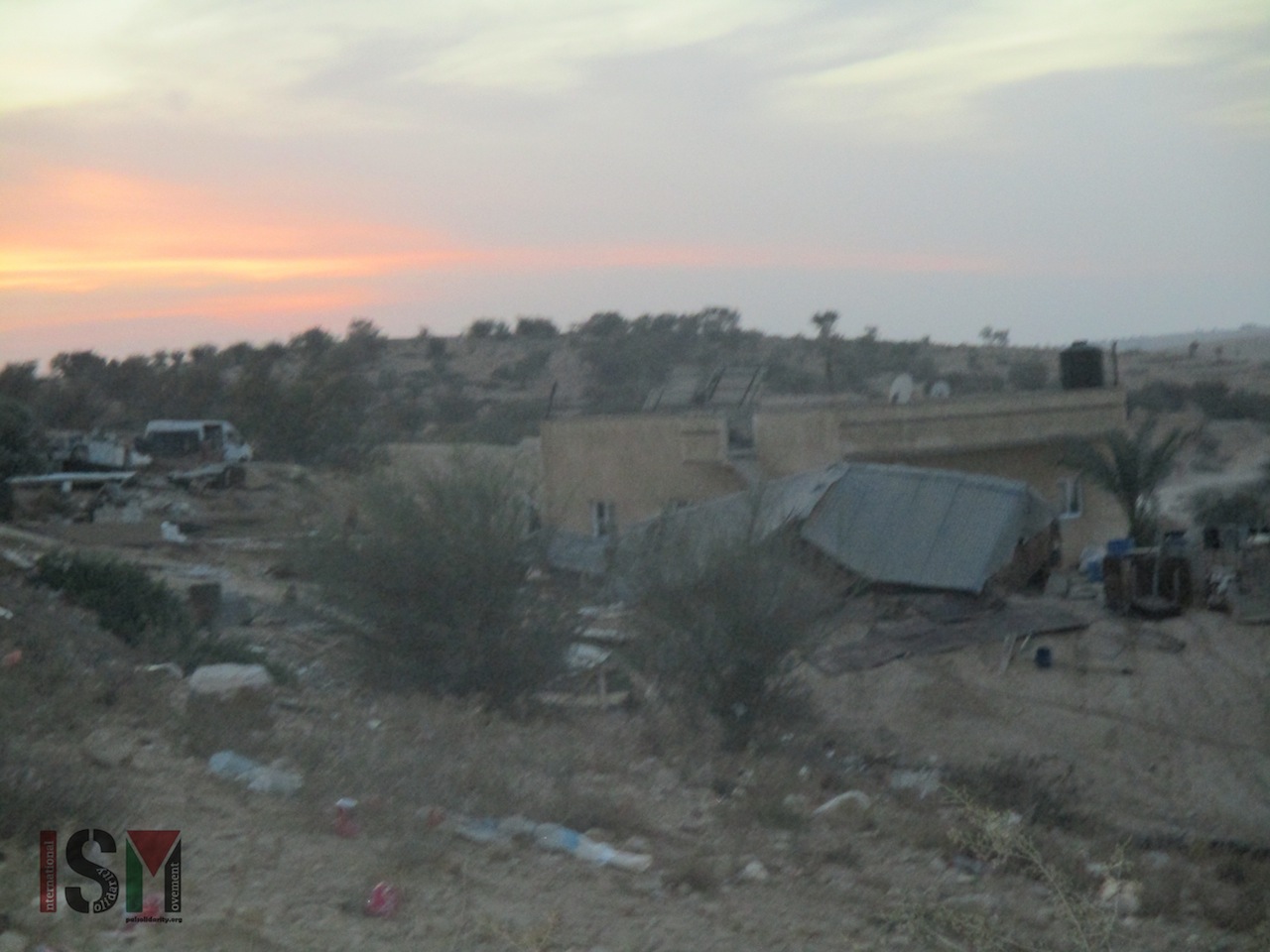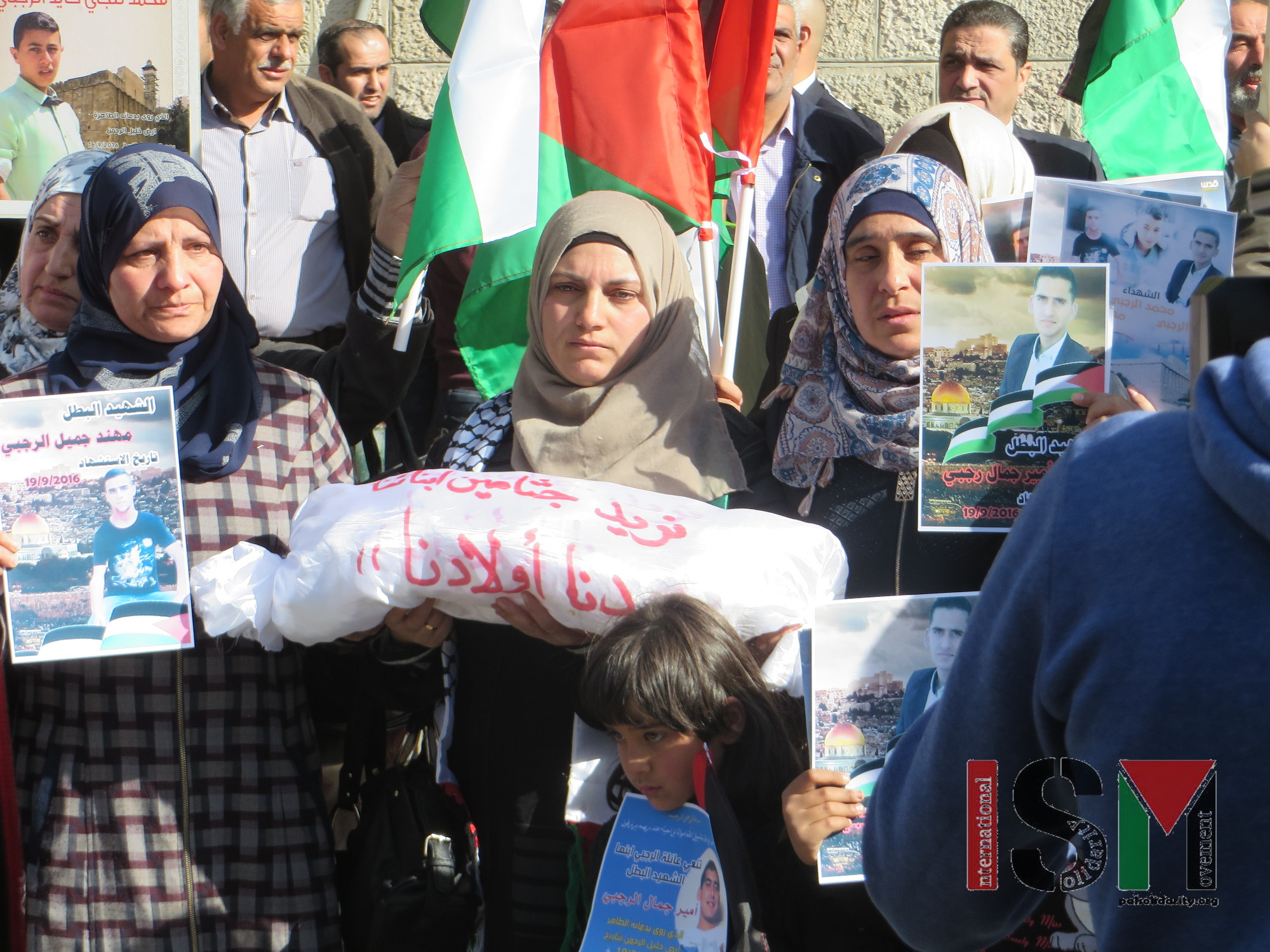Category: Features
-
Umm al-Hiran, a village off the maps
2nd December 2016 | International Solidarity Movement, Hebron/al-Khalil team | occupied Palestine Umm al-Hiran is a Bedouin village in the Negev desert in southern Israel. The village is surrounded by open landscape, the only structures in sight line. About a fifteen minute drive away is a small city called Hura, where the children from the village…
-
Assira, surrounded on all sides
Assira al Quiblya is a West Bank village up on a hill between Huwwara and Nablus. But unfortunately, it is not sufficiently uphill enough to be free and safe from the Yitzhar settlement. This settlement, one of the most active in assaults, makes life more and more difficult for the Palestinian inhabitants. For many years…
-
We want our children back!
29th November 2016 | International Solidarity Movement, al-Khalil team | Hebron, occupied Palestine On Monday, 28th November 2016, Palestinians gathered to demand the bodies of their loved (brothers, sisters, mothers, fathers, daughters and sons) – killed by the Israeli occupation forces – back for burial. Many of these family members who attended were holding signs…



